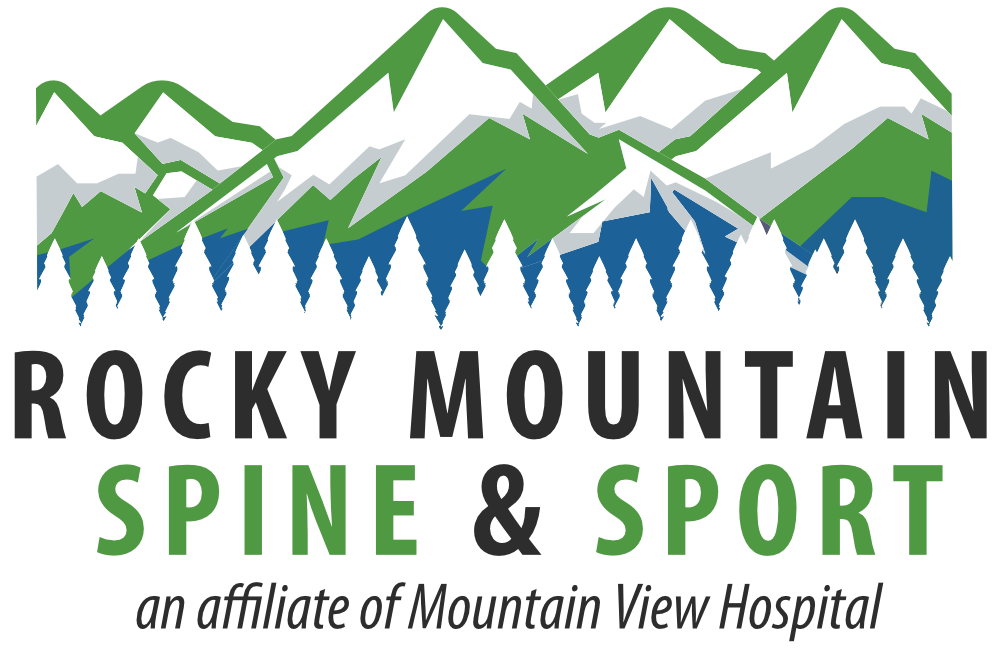Wellness Tips from Our Physical Medicine and Rehabilitation Specialists
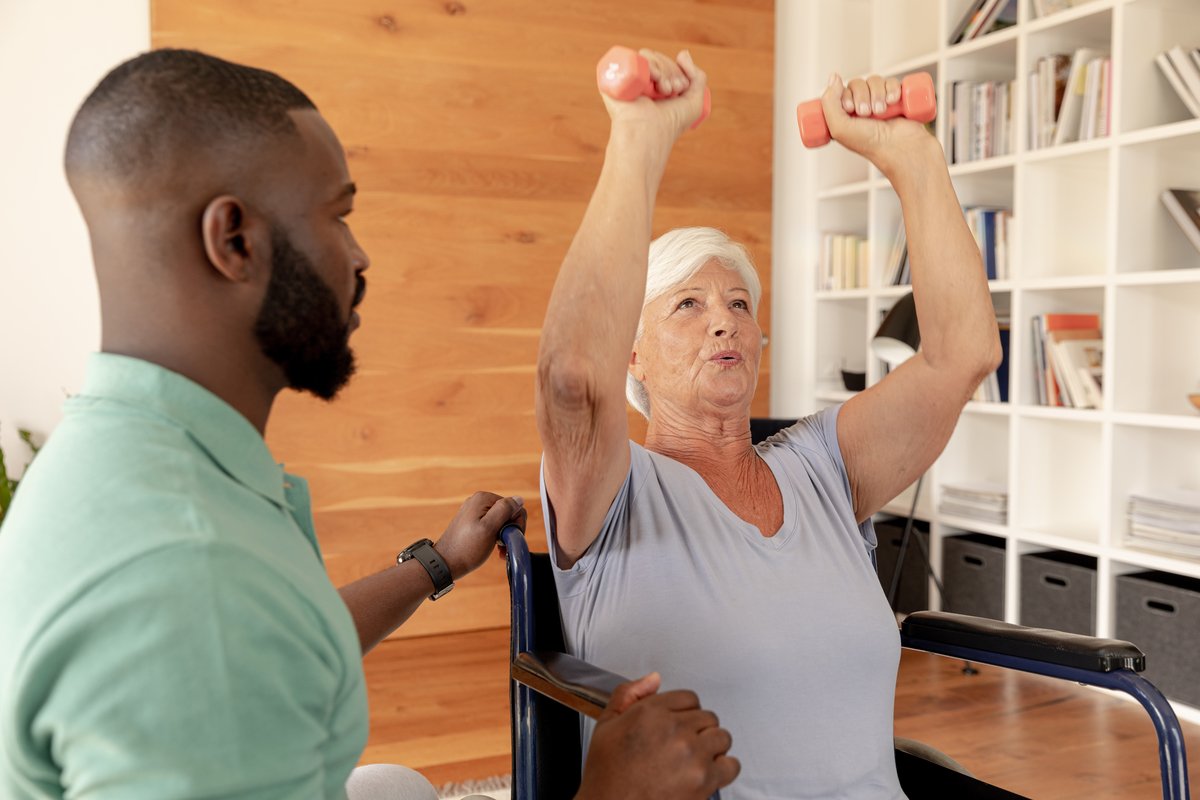
In healthcare, physical medicine and rehabilitation (PM&R) can be a life-changing option for those recovering from injury, illness, or disability. PM&R focuses on restoring function and enhancing the quality of life for individuals facing physical limitations.
Drawing from years of experience and a deep understanding of the human body's capacity for healing and resilience, our expert physicians offer practical insights and actionable advice to improve your overall well-being.
Whether you're recovering from injury, managing chronic conditions, or simply striving for optimal health, our goal is to empower you with the tools and knowledge to thrive.
Understanding the Role of a Physical Medicine and Rehabilitation Specialist
PM&R, often referred to as physiatry, is a medical specialty focused on diagnosing, evaluating, and treating conditions that affect the musculoskeletal, neurological, and other bodily systems.
From spinal cord injuries and stroke rehabilitation to sports injuries and chronic pain management, PM&R specialists address a broad spectrum of conditions, utilizing a holistic approach that emphasizes functional restoration and symptom management.
Specialists work closely with a multidisciplinary team of healthcare professionals, including physical therapists, occupational therapists, and orthopedic surgeons, to devise comprehensive treatment plans tailored to each patient's unique needs and goals. This collaborative approach ensures that patients receive the highest standard of care, maximizing their potential for recovery and long-term well-being.
Meet the Specialists
Our experts at Rocky Mountain Spine and Sport have years of experience treating patients with various physical limitations. Their compassionate, professional guidance has helped improve the lives of countless individuals, and we hope it will do the same for you.
Dr. Sarah Vlach
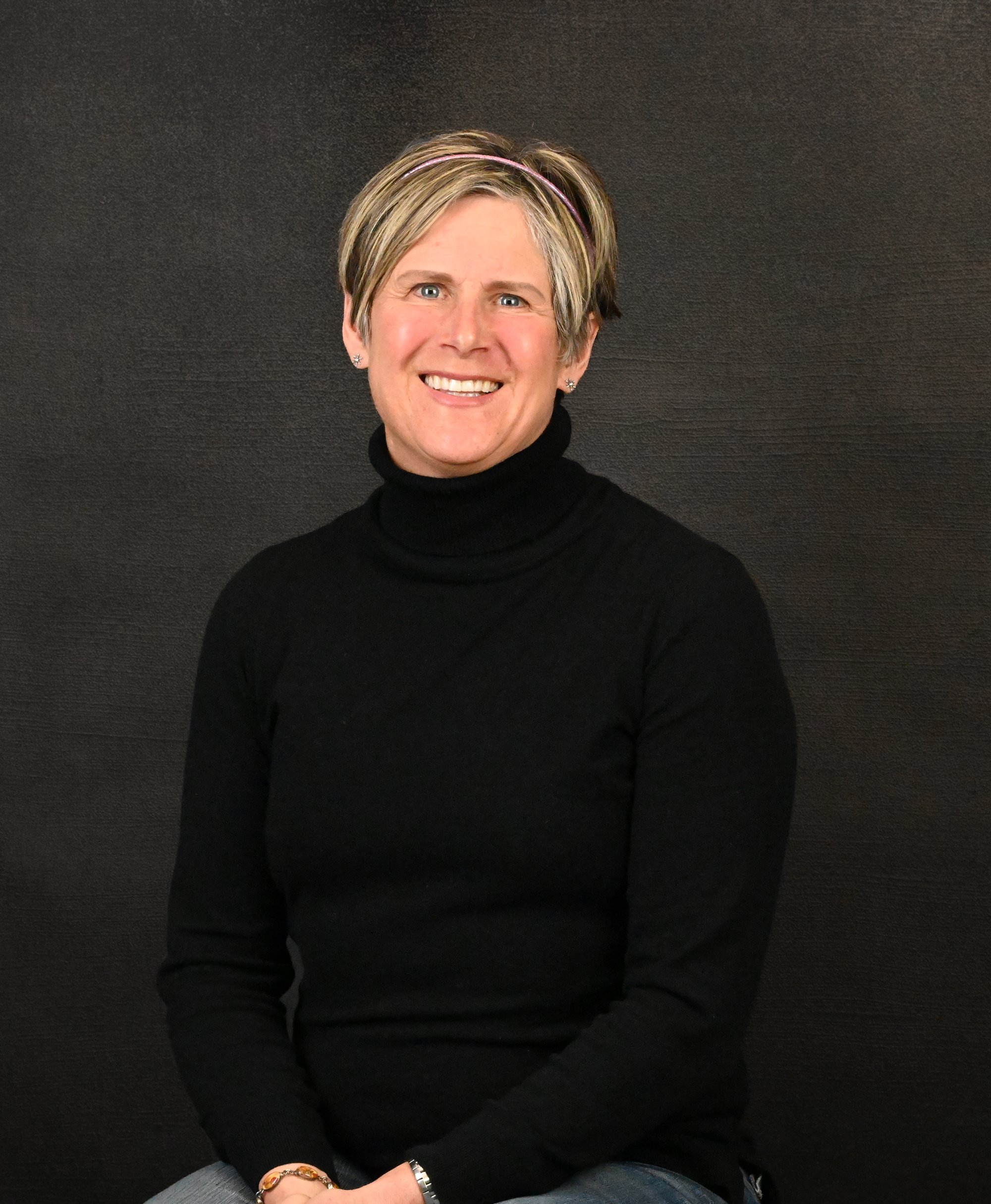
Dr. Sarah Vlach attended Mayo Medical School before completing her residency at the University of Utah. She is board-certified in both sports medicine and physical medicine and rehabilitation. Her interest in physical medicine and rehabilitation stems from her history as an endurance athlete. Growing up, she was a competitive gymnast. In college, she tried her hand at several other sports, including field hockey, ultimate frisbee, and rock climbing. Now, Sarah is an avid skier, climber, and biker and has competed in ultrarunning competitions since 2010. She believes in the body’s innate capacity for healing, and her ultimate goal as a physician is to restore people to their optimum health.
Dr. Andrew Cooper
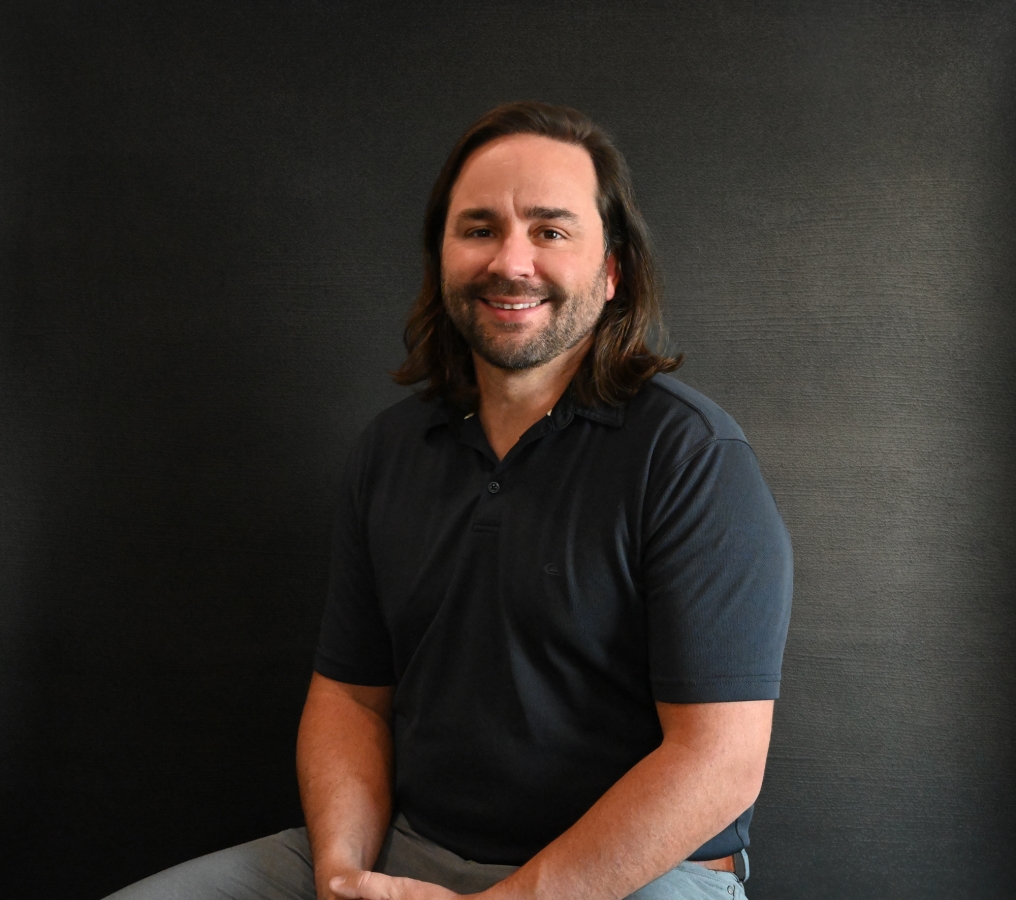
Dr. Andrew Cooper completed medical school at Arizona College of Osteopathic Medicine before fulfilling his residency at Michigan State University. He participated in various sports growing up, including football, baseball, golf, water skiing, and snowboarding. His lifelong passion for and participation in athletics led him to pursue physical medicine and rehabilitation. He has extensive training in the treatment of a wide variety of limitations, including spasticity secondary to neurologic issues, sports injuries and concussions, and non-surgical treatment of peripheral nerve and joint injuries. He hopes to restore function to anyone who feels physical limitations and allow them to enjoy life to the fullest.
Dr. Bryan Baker
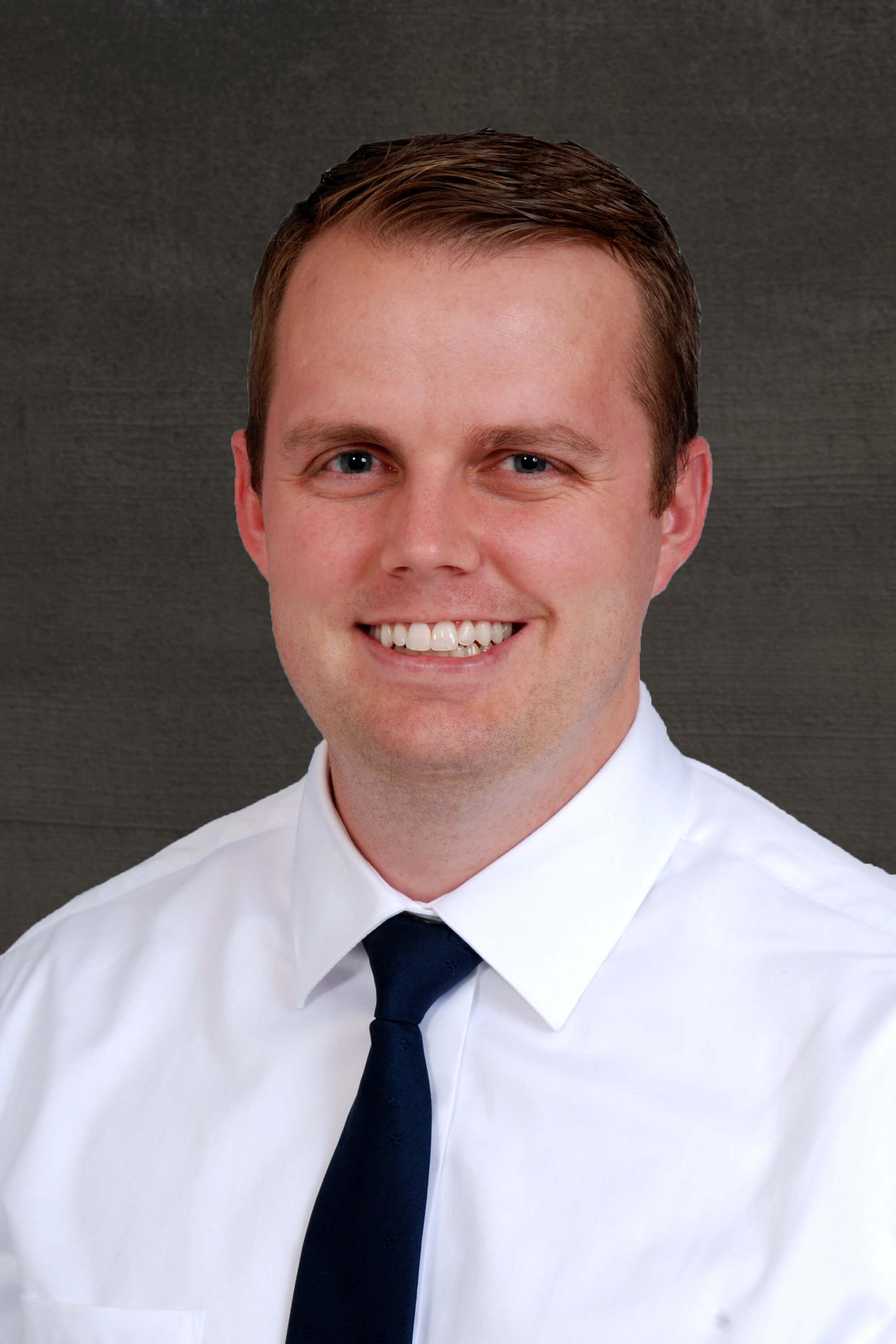
Dr. Bryan Baker earned his medical degree at the Pacific Northwest University of Health Sciences before completing his residency at the University of Nebraska Medical Center. He went on to pursue specialized training through a NASS-recognized Interventional Spine and Musculoskeletal Medicine Fellowship at the Cleveland Clinic in Ohio. Bryan is board-certified in physical medicine and rehabilitation and is a member of several professional organizations related to physiatry. His passion for physical medicine and rehabilitation can be attributed to his involvement in athletics from an early age. He grew up playing baseball, basketball, hockey, and football, and he ran cross-country in high school. Outside of work, Bryan still participates in a wide variety of recreational sports, including biking, skiing, snowboarding, and more. His specialty is tennis, which he played competitively in college.
Wellness Tips from Our Physical Medicine and Rehabilitation Specialists
What advice would you give to a patient struggling with their mental health during recovery?
“Mental and physical health are completely entwined. Our bodies are not separate from our minds. Patients do best when they remain as physically active as possible during their injury and recovery process and remain focused on what they CAN do.”
– Dr. Sarah Vlach
“Any time a person encounters a new injury or impairment, there is going to be a ‘mental toll’ that comes with the change. This phenomenon is part of the human experience and often will precipitate mood changes ranging from sadness and depression to anger and lashing out. That is where the beauty of rehabilitation medicine lies: we have the opportunity to help our patients restore function and normalcy.
There are times when these feelings should be addressed with a mental health professional, but working hand-in-hand with physical therapy and other modalities can restore function and, with time, will almost always come with a feeling of accomplishment and excitement for what the future holds, even in the face of permanent impairments.”
– Dr. Andrew Cooper
“Our mental and physical health are connected and play a large role in the recovery of patients. When patients suffer from physical injuries or ailments, their mental health is key to a successful recovery journey. Patients who experience the best outcomes tend to focus on the positives, the improvements they are making, and staying as active as possible throughout their rehab journey.”
– Dr. Bryan Baker
What would you say to a patient hesitant to incorporate assistive devices?
“Innovative technology has made many great advances in patients' lives by providing greater independence and quality of life. For patients who are hesitant to incorporate assistive devices, I often encourage them to focus on the upsides, such as improved quality of life, increased functionality, and a reduced risk of falls. The benefits of an assistive device often outweigh the perceptions that many patients fear.”
– Dr. Bryan Baker
“I run into this a lot, particularly with older patients who don't want to use a cane or other assistive device. It is difficult, as we all have our best, healthiest selves in our mind's eye. I tell patients, particularly my older female patients with low bone density (due to osteoporosis or osteopenia), that the 'indignity' of the cane to improve balance is much better than hospitalization for a femur fracture!”
– Dr. Sarah Vlach
“In my experience, innovative technology has significantly enhanced my patients' lives by providing greater independence, functionality, and quality of life. Whether through mobility aids, smart home devices, or medical innovations, these technologies have empowered individuals to perform daily tasks more efficiently and with increased autonomy.
For patients hesitant to incorporate assistive devices, I would emphasize the potential positive impact on their daily lives, highlighting how these tools can restore or enhance their ability to engage in activities they value. I would address concerns with empathy, explaining the practical benefits and offering reassurance that using assistive devices does not diminish their capabilities but rather amplifies their opportunities for independence and participation in various aspects of life.”
– Dr. Andrew Cooper
What are the best habits or activities that patients can implement on their own time to expedite their recovery and improve their pain?
“Patients can independently implement several habits and activities to expedite their recovery or alleviate pain. Regular, gentle exercise tailored to their condition, such as stretching, walking, or low-impact activities like swimming, can improve flexibility, strength, and overall well-being. Practicing good posture and body mechanics helps alleviate strain and prevent further injury. Adequate rest and sleep are crucial for the body's healing process. Additionally, maintaining a balanced diet rich in nutrients and staying hydrated supports overall health and facilitates healing.”
– Dr. Andrew Cooper
“Stay focused on the things they can control, such as:
- Incorporating daily movement
- Consuming a healthy diet with minimally processed foods
- Getting as much sleep as possible (aim for 8-9 hours a night) to facilitate recovery”
– Dr. Sarah Vlach
“The best thing patients can do to expedite their recovery is to focus on the aspects of their recovery that they can control, such as incorporating regular exercise and stretching. They should also prioritize maintaining a healthy diet and getting adequate sleep.”
– Dr. Bryan Baker
Once patients have completed treatment, how can they maintain their progress and reduce the risk of future injury?
“These two variables are the most important:
- Daily mobility: Daily mobility can take many forms, including yoga. One excellent resource is The Ready State, which contains an abundance of mobility exercises developed by physical therapist Kelly Starrett.
- Strength training: Muscle mass begins to decline steadily starting at about age 40. Resistance/strength training can slow down the process. If you don’t use it, you will lose it!”
– Dr. Sarah Vlach
“Once patients have completed treatment, maintaining progress and reducing the risk of future injury, especially for athletes, involves several key strategies:
First, implementing a comprehensive strength and conditioning program tailored to their sport and individual needs helps build resilience and prevent overuse injuries. Proper warm-up and cool-down routines, along with regular stretching and mobility exercises, promote flexibility and reduce the likelihood of muscle strains or tears. Emphasizing proper technique and biomechanics during training and competition helps mitigate the risk of acute injuries.
Additionally, adequate rest and recovery between workouts or events are essential for optimal performance and injury prevention. Regularly monitoring and addressing signs of fatigue, pain, or discomfort can prevent minor issues from escalating into more significant problems.
Finally, encouraging open communication with coaches, trainers, and healthcare professionals enables athletes to address concerns promptly and access appropriate care when needed, contributing to long-term success and well-being.”
– Dr. Andrew Cooper
“The best way to maintain progress and reduce the risk of future injury is to stay active and consistent. Develop a regular exercise program that is sport-specific or individualized, and be sure to incorporate daily mobility. Additionally, it is important to include an active recovery program that allows for appropriate recovery between higher-intensity days to allow the body to rest.”
– Dr. Bryan Baker
Which characteristics do your most "successful" patients have in common?
“Patients who take responsibility for their own well-being are most successful in optimizing their health and overcoming any obstacles they encounter during their rehabilitation. These patients demonstrate continued dedication to their treatment plan and follow the recommendations provided by their physicians, physical therapists, and other health professionals. Additionally, successful patients focus primarily on their present abilities. They fix their attention on the future and don’t dwell on the past. They learn from their experiences and pursue minor improvements every day.”
– Dr. Bryan Baker
“My most successful patients keep their gaze toward the future and focus relentlessly on what they can do, not what they can't do (or used to be able to do). I care for several older athletes, and my happiest and most successful patients are continually adapting to the abilities of their changing bodies. A rigid mindset, such as, “I used to be able to jog up and down Table Rock, and now I can only hike it," only leads to frustration and despair. Stay focused on the positive and be willing to be flexible and adaptable.”
– Dr. Sarah Vlach
“The most ‘successful’ patients often share a common trait: they take ownership of their health journey. They demonstrate a solid commitment to their well-being by actively engaging in their treatment plans, following medical advice, and prioritizing self-care practices.
These patients understand that their health outcomes are shaped by their choices and actions, and they embrace this responsibility with determination and resilience. By taking ownership of their health, they empower themselves to make informed decisions, seek support when needed, and persevere through challenges.
This proactive approach not only enhances their recovery process but also fosters a sense of empowerment and control over their overall health and well-being.”
– Dr. Andrew Cooper
Contact Rocky Mountain Spine and Sport
The insights and tips shared above offer a glimpse into the transformative potential of physical medicine and rehabilitation. If you are managing illness, injury, or disease and require treatment, contact Rocky Mountain Spine and Sport today. Our dedicated team is eager to provide you the care you need to live a happier and healthier life.
